Menu
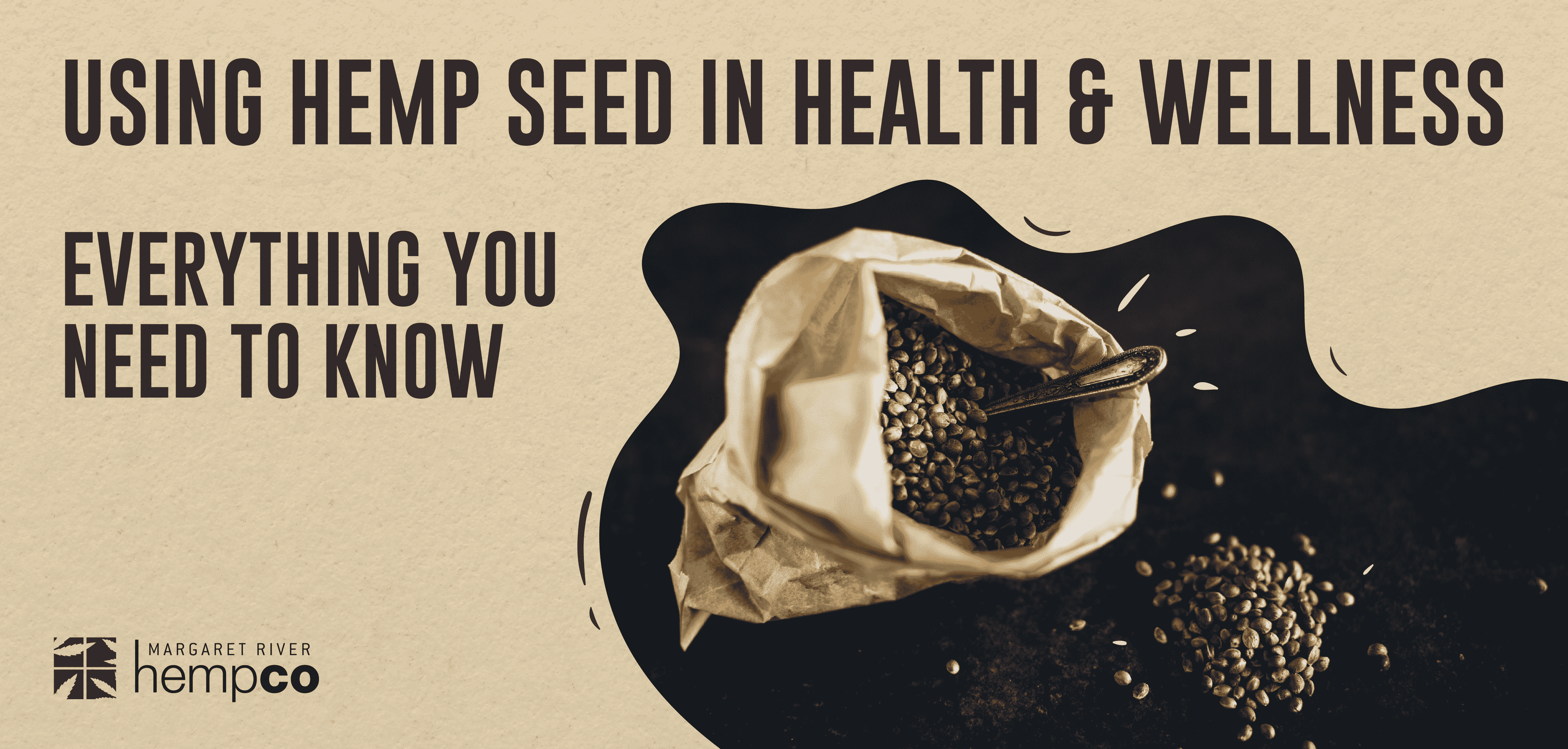
Hemp Products are gaining a lot of attention around the world, especially in the Health & Beauty sectors. Hemp Seed is fast becoming known as a superfood, and you’d be blown away by the numerous ways you can grind, press, and cook with something so simple.
On the other hand, the oil from the pressed seed is a popular skincare ingredient due to its remarkable nutritional properties delivering incredible results to users.
Do you think it’s a gimmicky trend, or that it actually stacks up to the hype?
Are you interested in learning more about Hemp Food and Hemp Skincare products?
Let’s take a deep look into everything Hemp Health & Beauty so you can see what it’s all about!
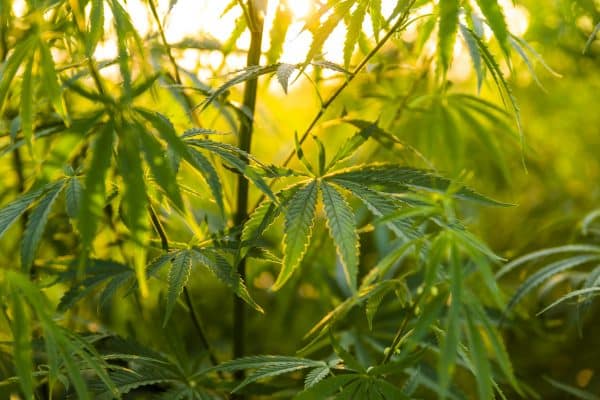
The phrase ‘Hemp Foods’ encompasses a variety of products derived from Hemp Seeds. From the naked eye, it might not look like much can be done with a simple seed. So if you don’t already know how many different things it can be used for, we’re about to show you!
Have you heard of any of these?
All of these base ingredients can be made just from the Hemp Seed. Can you imagine how many different recipes Hemp Foods could be used in? Almost everything! And to top it all off, they’re gluten-free
Hemp Seed makes its way to our shelves once a fertilized Industrial Hemp crop has been grown out to full maturity. Once fertilized by a male plant, the crop will produce a large amount of seed where the flowers (or buds) would usually be.
Farmers harvest the crop and send it off to processing where the shells are removed and the hulled Hemp seeds can be bagged up for transportation.
The Health Benefits of Hemp Seeds are largely correlated based on basic observation due to a lack of significant clinical research. However, amongst the little bit of research that has been undertaken, we can come to certain assumptions by looking at the nutritional content of Hemp Seed.
Scientists know what’s in it, and in what amounts. This allows them to make suggestions as to what the long term benefits of eating Hemp Seeds could be.
Nutritional Content of Hemp Seed
Nutritional Facts About Hemp Seeds
Hemp Protein Powder is one of the latest plant-based protein powders on the market, and it’s not going anywhere soon. With health and fitness trends starting to take a turn toward the natural & plant-based directions, it’s time for Hemp to shine.
Containing all the nutrients of Hemp Seed, Hemp protein is easy to add to any pre or post-workout shake and is dairy, gluten, and lactose-free.
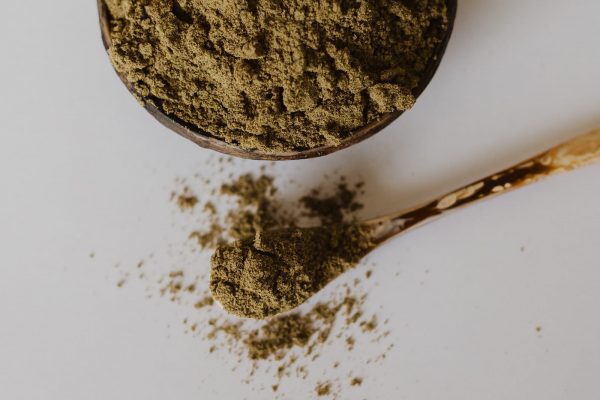
Hemp protein is the easiest Hemp Food product to make. By fine-grinding Hemp Seed, you can expect a near 1:1 yield of Hemp Protein. No nutritional content eaves the ingredient, it simply becomes a powder instead of a seed. From this point, it’s bagged in packaging for retail sale and shipped out to stores.
Hemp Flour is another innovative way we’ve started using Hemp in modern cooking! It’s gaining popularity due to how easy it is to incorporate in baking.
Hemp flour has marvellous fibre content and is a great option for those who need a gluten-free baking option. It’s also Low-GI, a great source of fibre, and still even contains protein!
Hemp Flour is made once the Hemp Seed Oil has been removed from the Hemp Seed. After the Hemp Seed is cold-pressed, what’s left is residual matter called ‘Hemp Cake’. Hemp cake is then ground up to make Hemp Flour.
Hemp Seed Oil is a popular dietary supplement that contains similar nutrient content to Hemp Seed, excluding any fibrous content. It’s commonly used in cooking food and making drinks like smoothies, but can also be put in capsules for easy consumption with your other daily supplements.
One of the most incredible things about Hemp Seed Oil is that it offers the perfect ratio of Omega Oils (3, 6, & 9) for the human body.
Hemp Seed Oil is made in one of two ways. There is a heat-based method of extraction that separates the oil from the seed, and there is a cold-press method. The cold-press method of extraction retains a significant amount more nutritional content, whereas heat will destroy the nutrients.
There are two types of Hemp Seed Oil that can be made - one has more industrial use, and the other has more nutritional use. Refined Hemp Seed Oil has been treated with heat to remove vitamins, minerals, and chlorophyll.
This Hemp Seed Oil can then be used to make varnishes, paint, plastics, biofuel, and more! However, due to the way it’s processed, refined Hemp Seed Oil will have almost no nutritional content. This is why it’s important to ensure any Hemp Skincare you purchase is using 100% unrefined Hemp Seed Oil.
Now you know all about the different types of Hemp foods, you’re probably wondering about how to use them all! Do you have any of these Hemp Food products in your cupboard? If so, maybe it’s time to try something new!
We’ve got a whole bunch of healthy, plant-based Hemp recipes that are simple to follow and taste great! Sound like something up your alley? Head to the link to our blog about 11 Hemp Recipes to get your hands on them!
If you like them, you can also get a free copy of our HempCo Cookbook at the bottom right corner of the article.
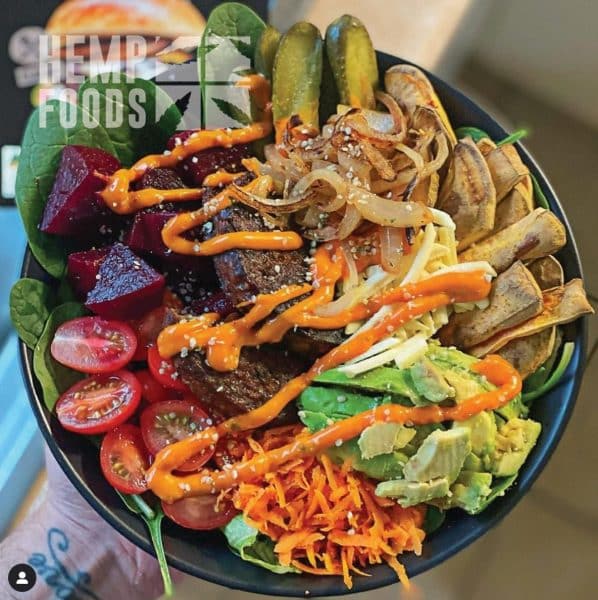
Using Hemp Seed Oil in skincare is one of the most popular applications for Hemp in a rapidly expanding global market. Initially, only niche companies used Hemp Seed Oil in their skincare - and it was a key selling point.
Nowadays, it’s being used in natural skincare products simply due to its natural characteristics. It’s great in general skincare products like face cleansers, exfoliators, and moisturisers for many reasons, but a significant contributor is the rich Omega oil content.
As a matter of fact, Hemp Seed Oil contains the perfect ratio of Omega Oils for the human skin.
Here are some of the nutrients in Hemp Seed Oil that benefit skin the most!
Additionally, Hemp Seed Oil has a Comedogenic Rating of zero. Comedogenic rating (CR) is a measurement of how likely an oil is to block the pores of your skin. All skin, but mainly skin types prone to breakouts are recommended toils with lower CR ratings.
Oils with greater comedogenic ratings are more likely to cause breakouts by clogging pores. This makes Hemp Seed Oil a superior choice for your general skin care needs.
If your skincare seems to not be doing the job, keep in mind that the oils in your skincare could be causing it. Anything with a comedogenic rating over three is a possible cause for persisting skin issues
These include common oils like…
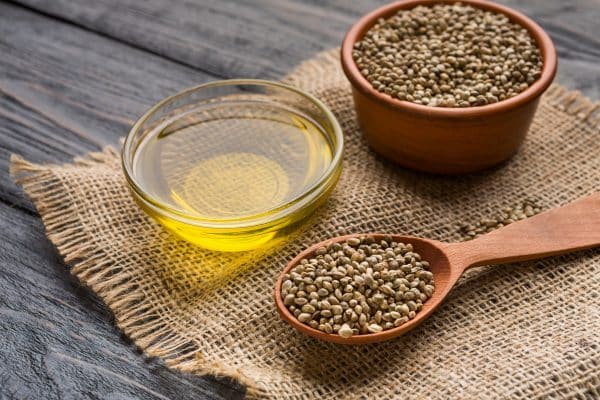
Hemp Seed Oil has also been found to have significant positive effects on patients with atopic dermatitis - conditions such as Eczema and Psoriasis. Research shows that Hemp Seed Oil works so well due to the balanced and abundant supply of Polyunsaturated Fatty Acids.
In the study, dietary Hemp Seed Oil caused significant changes in plasma fatty acid profiles resulting in remarkable improvements in symptoms.
Hemp Seed Oil is an incredible choice for Acne care due to the optimal balance of Omega-3, 6, & 9 which helps regulate the skin’s oil production.
It acts as a moisturiser, which helps stop acne that might be caused by dry skin. And with its comedogenic rating of zero, it does all of this without running the risk of clogging pores.
We love Hemp for what it is, but we’re ready to put our money where our mouths are when it comes to the benefits! That’s why over the last 25 years, we’ve been steadily building and refining our Hemp Skincare range.
All of our Hemp Skincare is made by us, in our factory, right here in Margaret River, Australia. The entire range is made from 100% naturally derived ingredients, with Australian Grown and Made Hemp Seed Oil
You can shop our full range here!
So, did that answer everything you’ve ever wanted to know about Hemp Seed, its byproducts and how they’re used in health and wellness?
Hemp is an incredibly diverse plant, and just the ways it can be used in food and skincare are shocking to many! The good news is that you won’t have to look too hard to try it for yourself these days. Most supermarkets in Australia stock Hemp Seed & Hemp Seed Oil these days.
You can use any of these in food and even make your own skincare products with it! However, many of these products are imported from countries like China.
If trying Hemp products is on your agenda, consider buying from a company that uses Australian Grown & Processed Hemp products to make their range.
Did we miss anything that you want to know? Is there anything we forgot to include in this? We always love hearing from you! Please do reach out of our social media profiles.